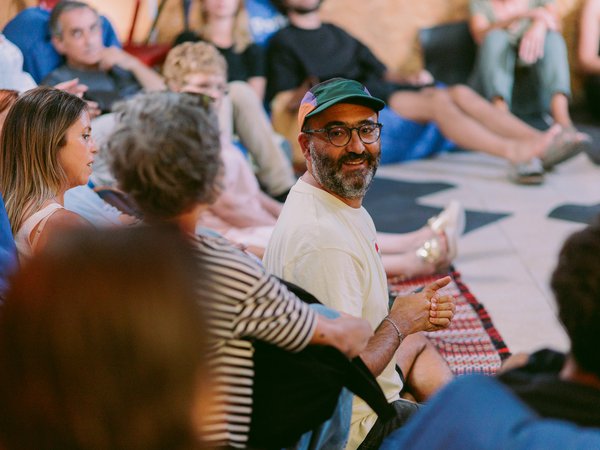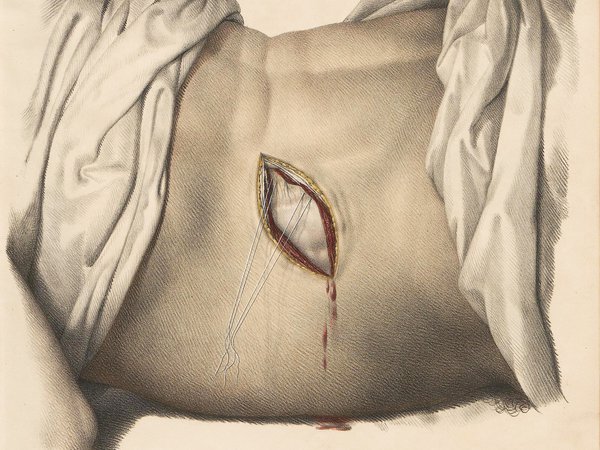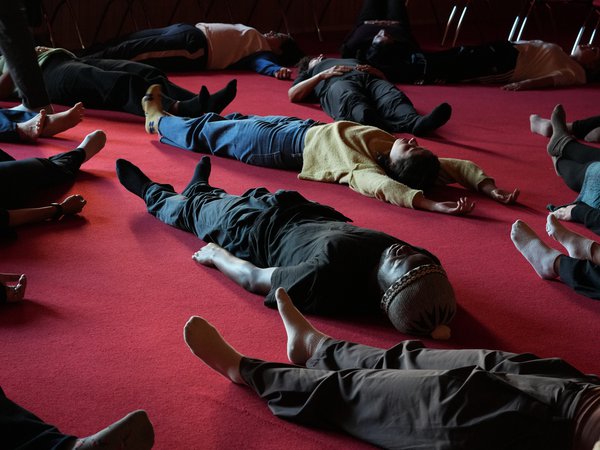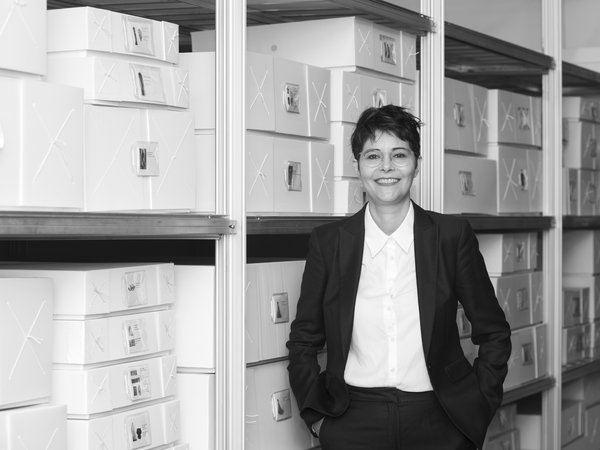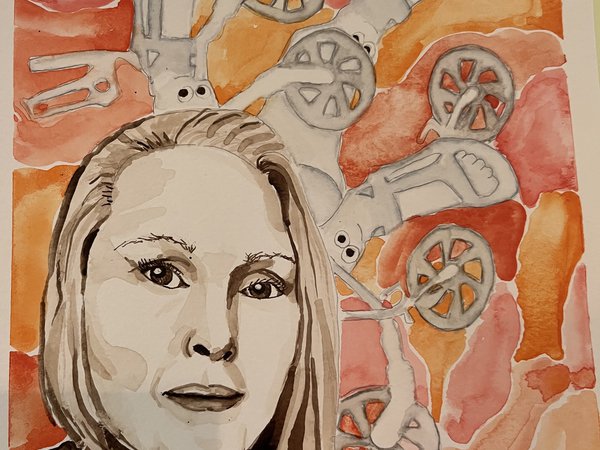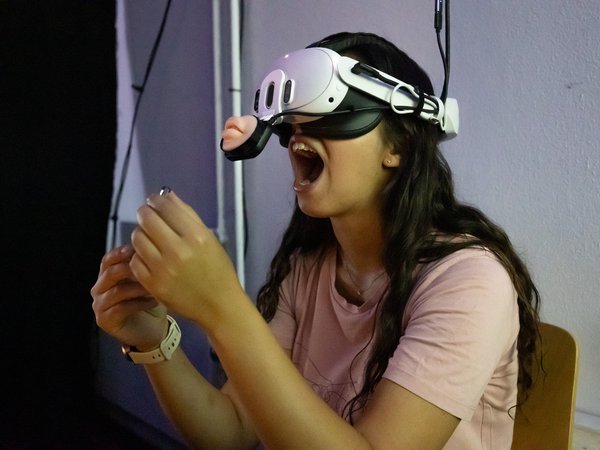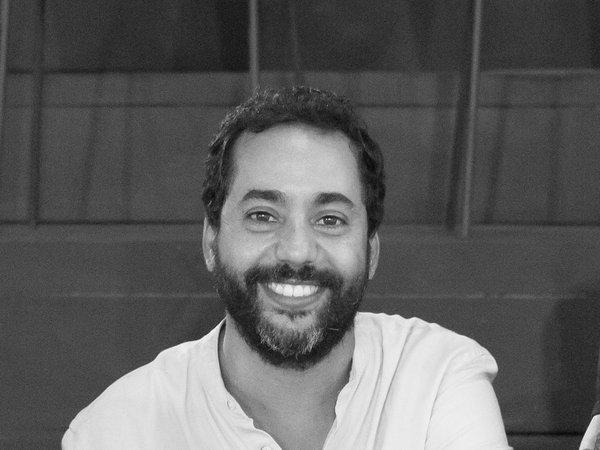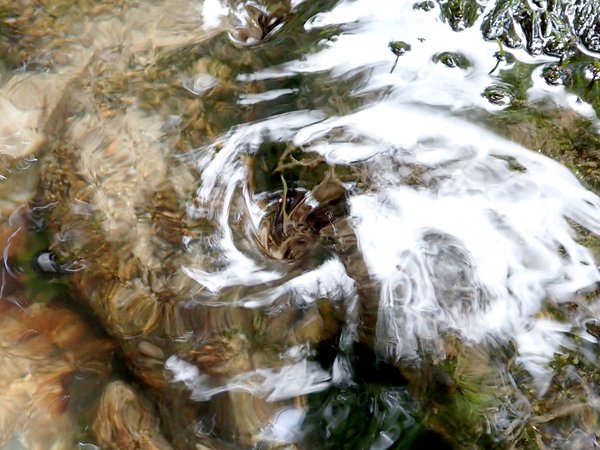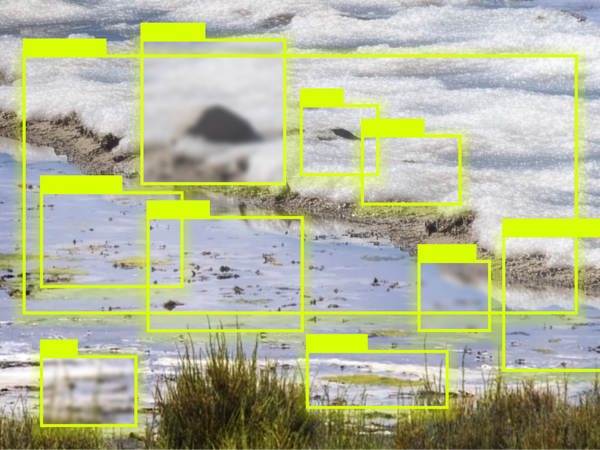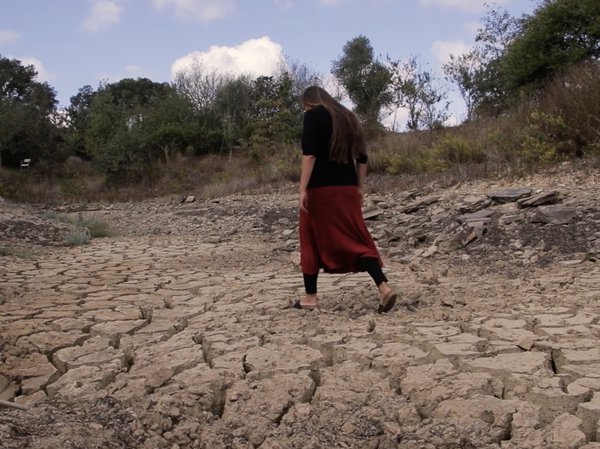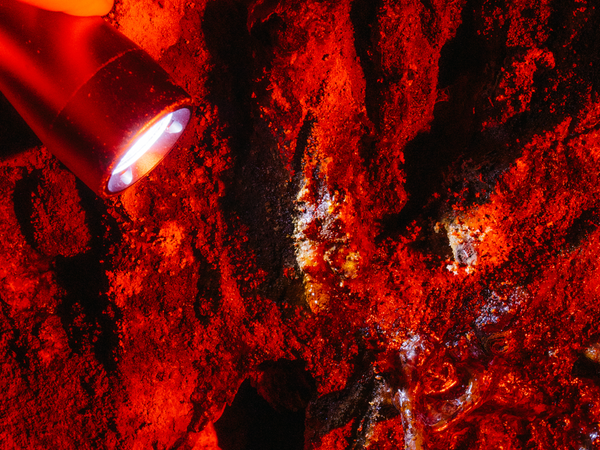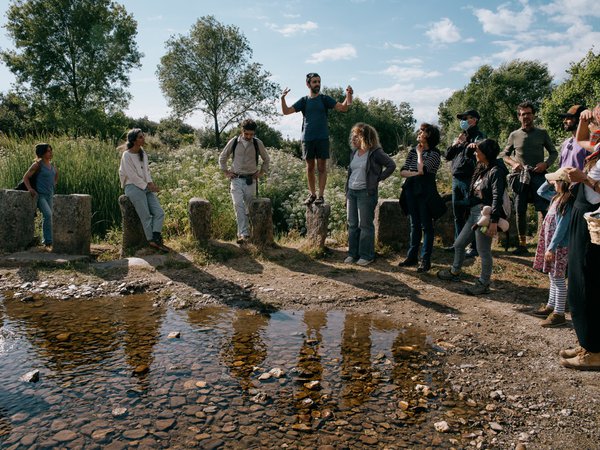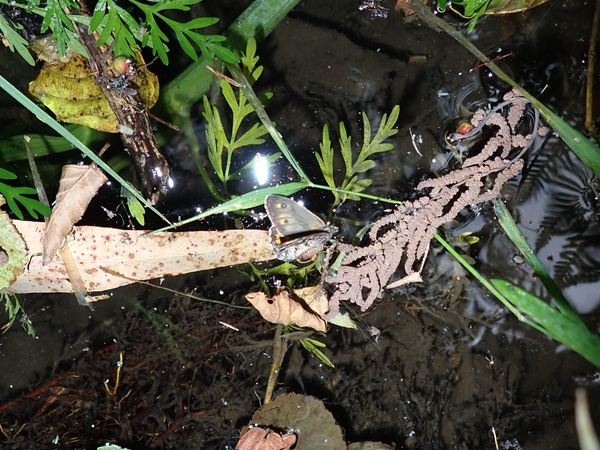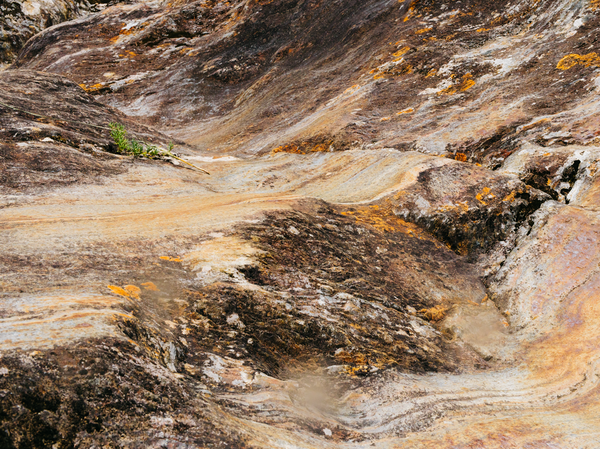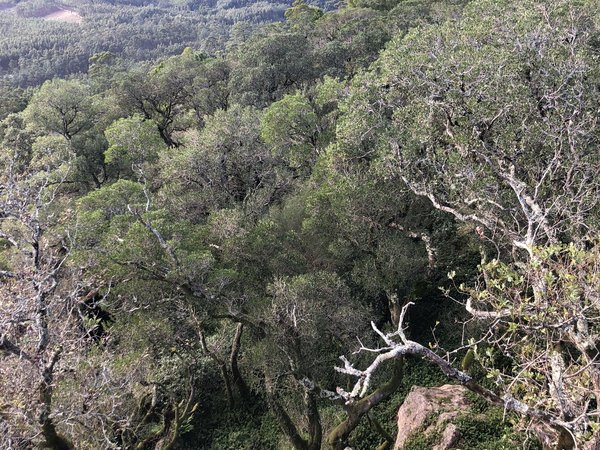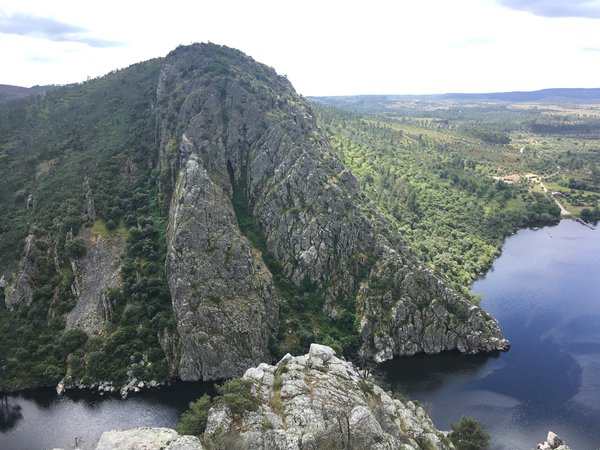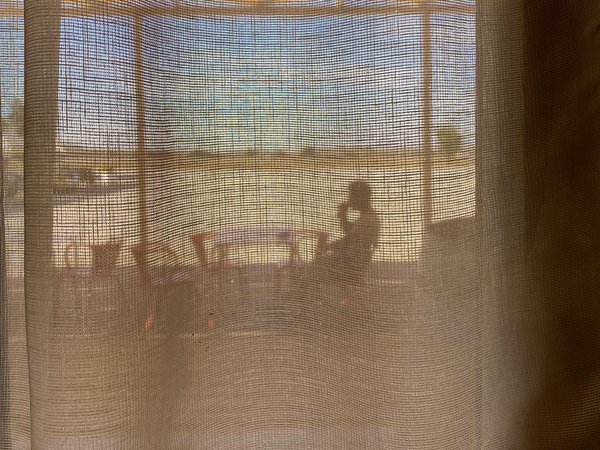This is a past event.

Is it time to attempt anarchy? (about collective improvisation)
Is it time to attempt anarchy? (about collective improvisation)
This conversation on dance as political laboratory brings together anthropologist Rita Natálio and Romain Bigé, co-curator of the exhibition Drafting Interior Techniques.
We will start from this quote by Steve Paxton: "It is time again to attempt anarchy. For one, anarchy is simple: it only requires special conditions of communication.” Steve Paxton contributed to found the Judson Dance Theatre, Grand Union and Contact Improvisation, three dance adventures which questioned at the hierarchies of the dance world: between gestures (virtuoso or everyday), between dancers and choreographers, between performers. Those collectives tested experimental forms of decision-making, endeavored to suspend gender norms, tried to stay away from capitalistic recuperation. They raise the question: can dance become a political laboratory?
During this period visitors will also have the chance to see the exhibition Drafting Interior Techniques.
Full program Four lectures from Paxton
25 JUN 2019
TUE 18:30
Free entry*
Duration 90 min
* Free entry, subject to availability and tickets available on the day from 18:00 at the ticket-office
In portuguese and english
About Steve Paxton cycle
American choreographer, dancer and improviser Steve Paxton, born in 1939, has been continuously shaping the face of dance over the last six decades. Having started his career in the 1950s, Paxton danced with José Limon and Merce Cunningham. He was one of the founders of the Judson Dance Theatre, the source of various collective creations that have laid the roots of postmodern dance. He was also a founding member of the New York-based improvisation collective Grand Union. He is the inventor of two techniques – Contact Improvisation and Material for the Spine – and has worked together with several visual artists (such as Robert Rauschenberg), also leaving his distinctive mark on the art world. Throughout his life, Paxton has been writing extensively about movement (he has produced more than 100 articles since 1970) and working tirelessly on performing improvised and choreographed works all over the world.
His work has influenced many choreographers and dancers, who have inherited the obsessions that characterize his work: the analysis and integration of everyday movements (such as walking), the importance of touch, weight and balance, and an openness to the non-technical body.
In Portugal, Steve Paxton and the Judson Dance Theatre’s way of thinking had a decisive influence on many of those taking part in the movement that has come to be known as the New Portuguese Dance, and, in various ways, shared their concerns about the relationship between art and everyday life.
Based on this perspective, Culturgest presents the Steve Paxton cycle, which has as its main axis an exhibition curated by João Fiadeiro and Romain Bigé and an evening of performances from the 1960's to present day. But the Paxton programme doesn’t end here. The transverse nature of his work is further expressed in a series of five talks (the first of them given by Paxton himself) and three workshops about Contact Improvisation and Material for the Spine, with the involvement of schools and the transformation of the exhibition space into a performative arena.
Relation with dance schools
In the frame of the Steve Paxton exhibition, Culturgest approached some dance schools and research centers in Lisbon in order to make sure that the body of work of one of the most influential thinkers-makers from dance history would not go unnoticed. This collaboration will start with a series of lecture-demonstrations that Romain Bigé and João Fiadeiro, curators of the exhibition, will give on Steve Paxton’s legacy in each of the associated schools/centers. Then it unfolds with an intensive and continuous presence of students and researchers in the exhibition space (with a free pass) so they can deepen their individual research on Paxton’s work. Finally, we have encouraged the schools/centers to temporary dislocate some of their classes and initiatives into the space of the exhibition so the space will be “occupied” by practitioners and art researchers.
Biography
Rita Natálio was born in Lisbon in 1983. At present, she is a PhD student in Artistic Studies at FCSH-UNL, and Anthropology at FFLCH-USP (FCT scholarship) where she is currently researching the recent Anthropocene debate and its impact on the disciplinary redefinition of relations between art, politics and ecology, specifically in the case of indigenous cinema and contemporary ethnography. She studied Choreography Arts at Université Paris 8 and has a master's degree in Psychology from PUC-SP where she studied Gabriel Tarde's work on imitation and invention applied to contemporary Socio-technical Networks. Her main activity focuses on poetry, essay, dramaturgy and performance. Her key format is the conference-performance and she presents her ideas in academic as well as artistic frameworks.
CURATOR AND MODERATION
João Fiadeiro, Romain Bigé and Liliana Coutinho
WITH
Rita Natálio













